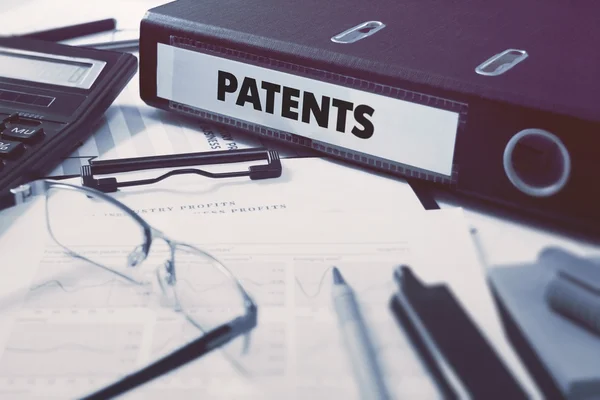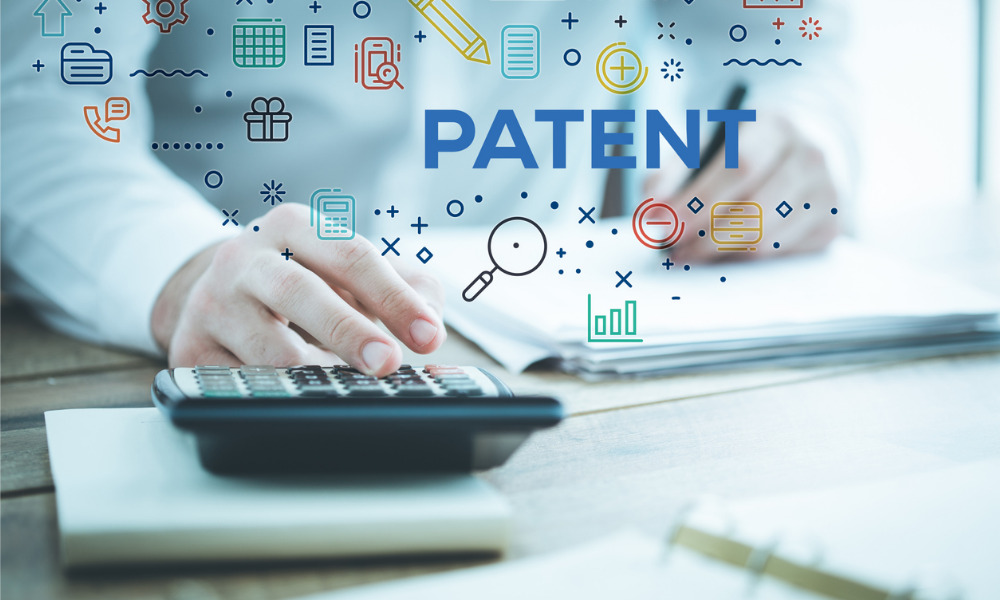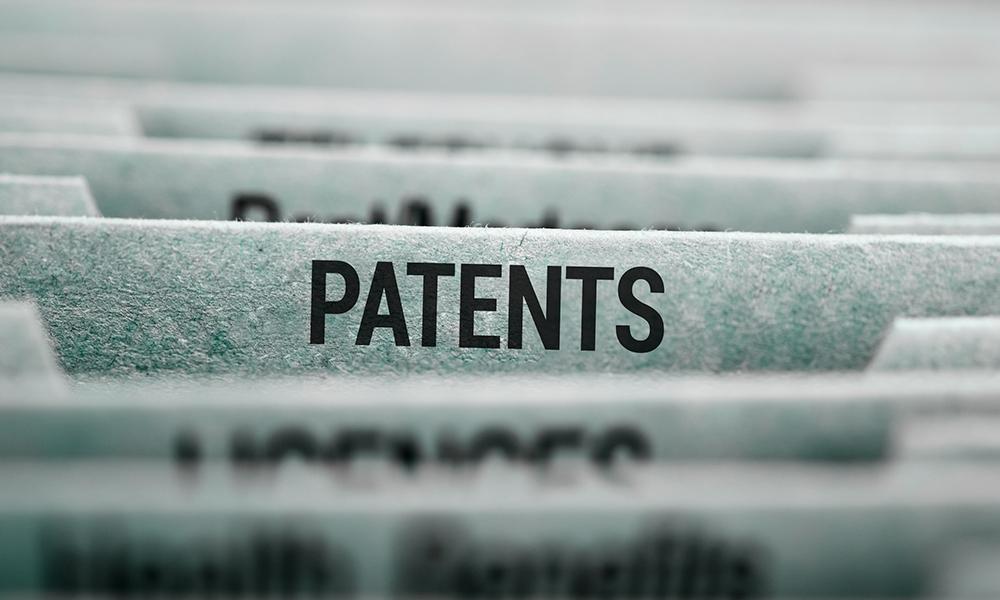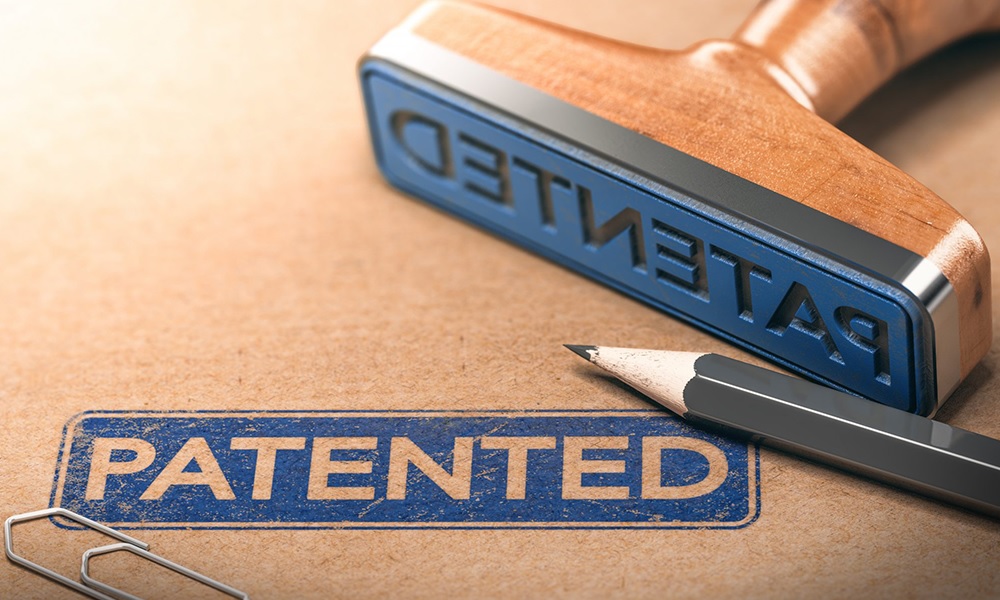Impact of Artificial Intelligence on Patents
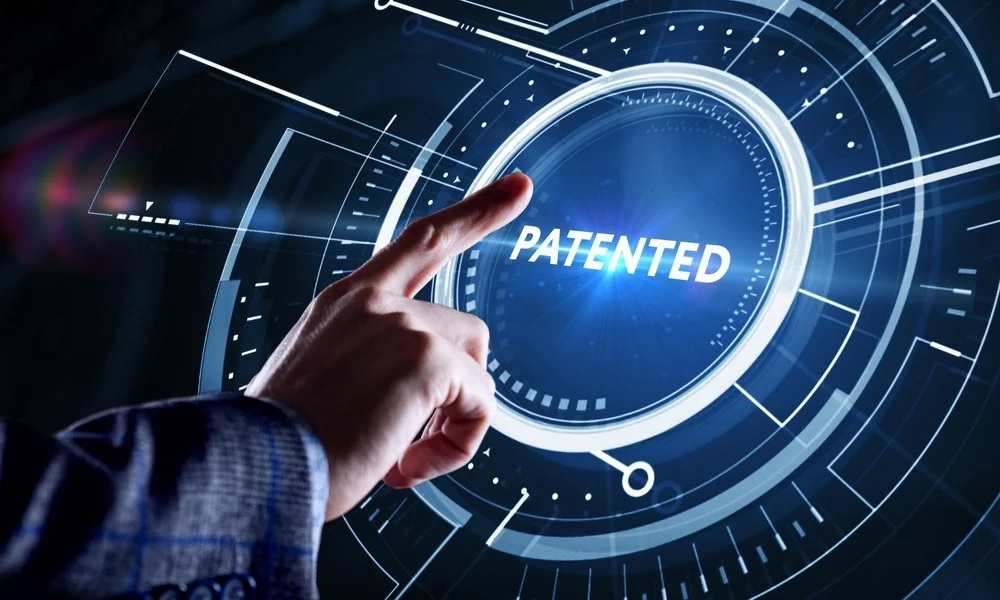
Artificial Intelligence (AI) has made a significant impact on various industries, and the legal industry is no exception. The use of AI in patent creation and enforcement has transformed the way patent attorneys and inventors approach the patent process. In this article, we will delve into how AI has impacted patent creation and enforcement.
AI has streamlined the patent creation process by making it faster and more efficient. AI algorithms can search through vast databases of previous patents and scientific literature to help inventors identify previously patented inventions or similar ideas. This can help inventors determine the originality of their idea and avoid infringing on existing patents. Additionally, AI can assist in drafting patent applications by suggesting language and identifying potential patent claims that the inventor may not have considered.
AI can also help inventors identify potential markets for their invention. By analyzing market trends and consumer data, AI can help inventors determine which industries are most likely to benefit from their invention. This can help inventors tailor their patent applications to appeal to potential licensees and investors.
Patent Enforcement
AI has also revolutionized patent enforcement. Patent infringement cases can be complex and time-consuming, but AI can help attorneys identify potential infringers quickly and efficiently. AI algorithms can analyze large amounts of data to identify potential infringers, including identifying similar products and analyzing online marketplaces.
AI can also assist in patent litigation. By analyzing previous patent cases and court decisions, AI can help attorneys predict the outcome of a case and develop legal strategies that are more likely to be successful. Additionally, AI can assist in document review by identifying relevant documents and reducing the time and cost associated with manual document review.
Challenges and Limitations
While AI has the potential to transform patent creation and enforcement, there are also challenges and limitations to consider. One of the biggest challenges is the accuracy of AI algorithms. While AI can analyze vast amounts of data quickly, it is not always accurate. AI algorithms can miss important information or make incorrect assumptions, which can lead to inaccurate patent searches or incorrect legal strategies.
Another challenge is the potential for bias in AI algorithms. AI algorithms are only as unbiased as the data they are trained on, and if the data is biased, the algorithm will be biased as well. This can lead to unintentional discrimination in patent searches or legal strategies.
Artificial Intelligence has had a significant impact on patent creation and enforcement. AI has streamlined the patent creation process, making it faster and more efficient. Additionally, AI has revolutionized patent enforcement by identifying potential infringers quickly and efficiently and assisting in patent litigation. However, there are also challenges and limitations to consider, including the accuracy and potential bias of AI algorithms. Overall, AI has the potential to transform the patent industry, but it is important to use it with care and consideration.

